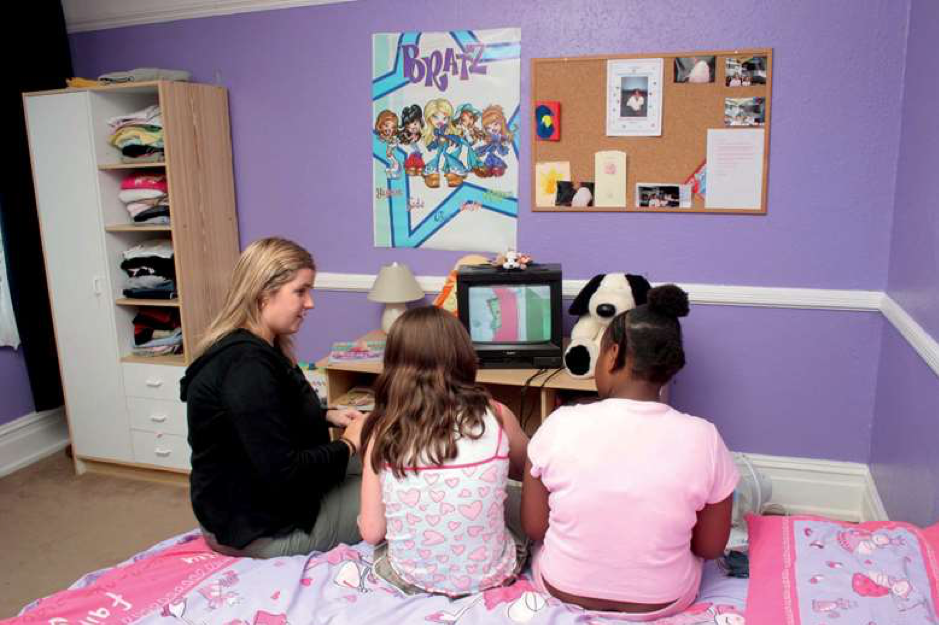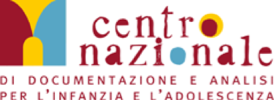P.I.P.P.I., intensive care programme for vulnerable families with young children

P.I.P.P.I., intensive care programme for vulnerable families with young children
Laboratory for Research and Intervention in Family Education of the University of Padova, Italian Ministry of Labour and Social Policies

Girls playing.
Intensive and multidisciplinary intervention programme in vulnerable families to reduce the risk of children being removed from their nuclear family, articulating a set of combined actions in relation to children’s needs: intensive home care, group activities with other parents, accompaniment by volunteer families, and joint work with teachers and social workers from schools and social services.
In line with the aim of the Convention on the Rights of the Child to develop measures to ensure the best interests of the child, the Italian Ministry of Social Welfare, in partnership with the University of Padua, designed and implemented from 2011 this intensive care programme for vulnerable families called the Intervention Programme for the Prevention of Institutionalization. Its abbreviation, P.I.P.P.P.I. is at the same time inspired by the fictional character Pippi Långstrump, a creative and surprisingly resilient girl known all over the world.
As its name suggests, P.I.P.P.P.I. aims to prevent out-of-home care and respond to problems related to child neglect, taking into account the right of all children to quality care. When parental neglect is involved, and there is a subsequent removal of the child, the removal itself expropriates the competence of the parents. This practice does not seem to be the most desirable intervention, so P.I.P.P.Y. experiences a social response that attempts to put the developmental needs of children first.
P.I.P.P.P.Y. represents a co-ordinated and co-operative work between different institutions, professions and disciplines of social services, psychology and pedagogy to act together in order to achieve a reduction in the number of children removed from their families. At the same time, P.I.P.P.P.I. has developed its own tool for the assessment and evaluation of cases based on models from Scotland and Quebec.
P.I.P.P.P.Y. is now widespread throughout Italy, and several academic studies have demonstrated the effectiveness of this intervention model. The evaluation report of the seventh edition of the programme 2018-2020 provides evidence of the bonus results achieved.
Location
Italy
Partners/Funders
Italian Ministry of Labour and Social Policies and the Laboratory for Research and Intervention in Family Education of the University of Padua.
Genesis
The P.I.P.P.P.I. Programme was launched at the end of 2011 as a result of the collaboration between the Ministry of Labour and Social Policies, the Laboratory of Research and Intervention in Family Education of the University of Padua, involving 206 professionals (social workers, psychologists, home workers, pedagogues…) from 10 child protection services located in 10 cities: Bari, Bologna, Florence, Genoa, Milan, Naples, Palermo, Calabria Region, Turin and Venice.
Level of implementation
In the academic years 2014-2015 and 2015-2016 the Italian Ministry of Welfare launched the first and second phase of P.I.P.P.P.I. implementation involving 82 new cities and about 1,000 children.
In December 2014, the EU Commission for Employment, Social Affairs and Inclusion submitted P.I.P.P.I. to a Peer Review to open debate and mutual learning among member countries on innovative practices in child protection.
The 2019 P.I.P.P.P.I. won first prize in the Method and Tools section of the European Social Services Awards. The project was recognized for “European excellence in its ability to combine education, action and research through the introduction of scientifically sound instruments”.

Bank of innovations






